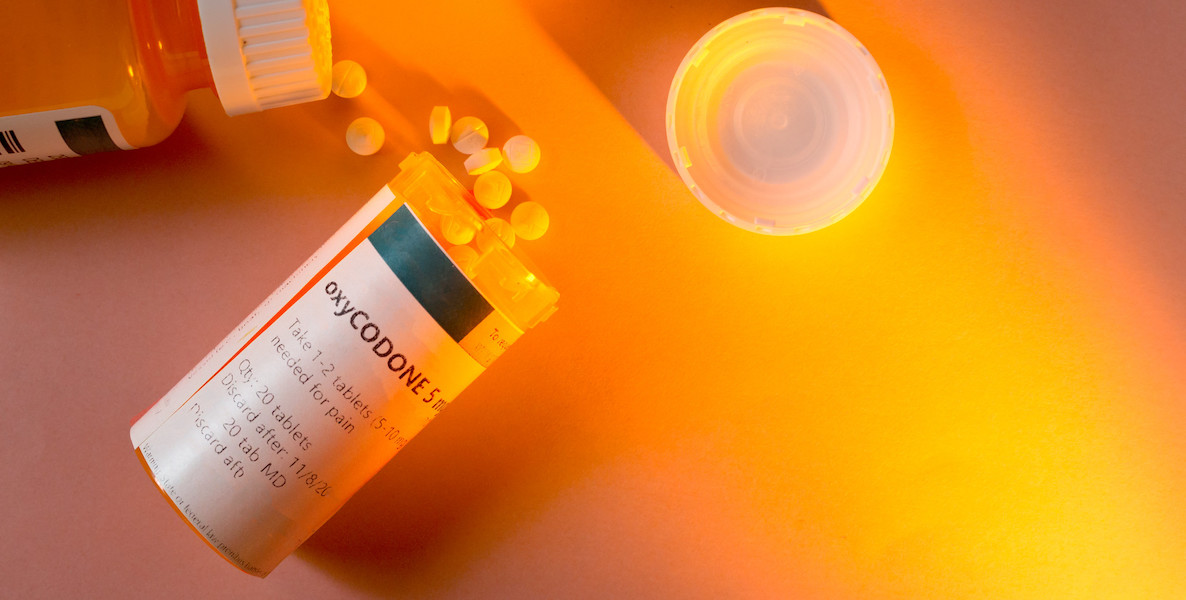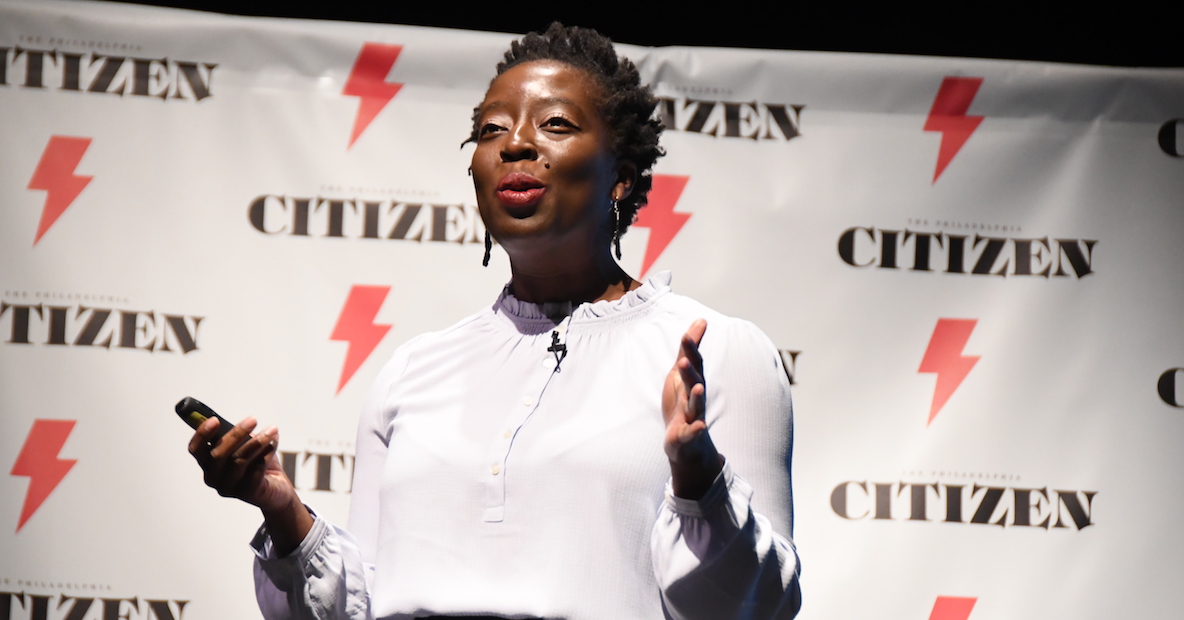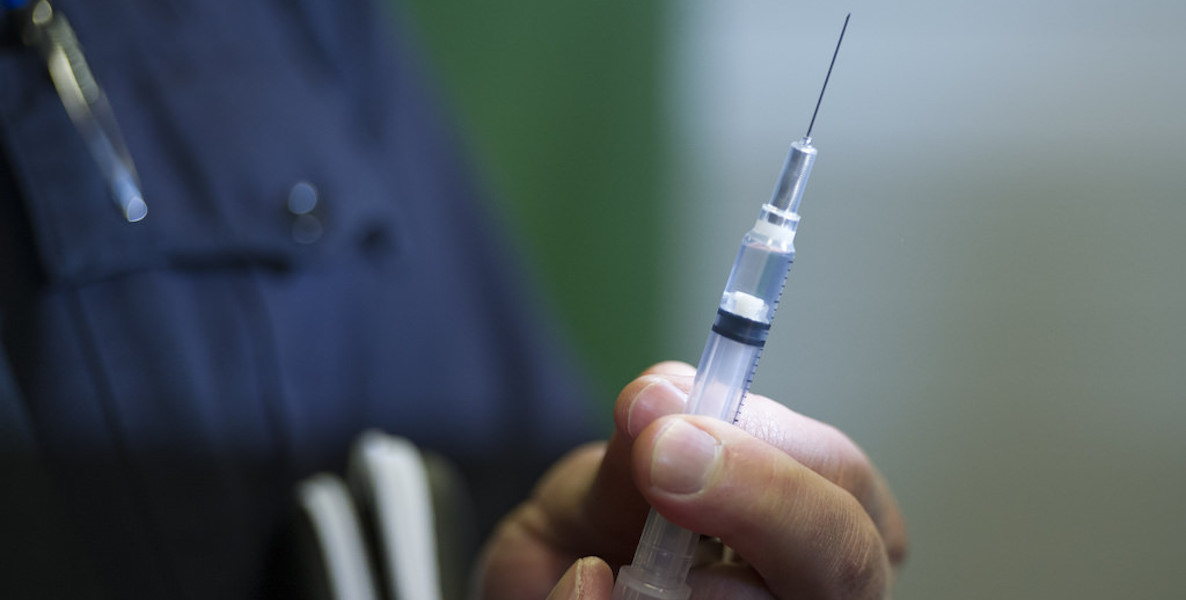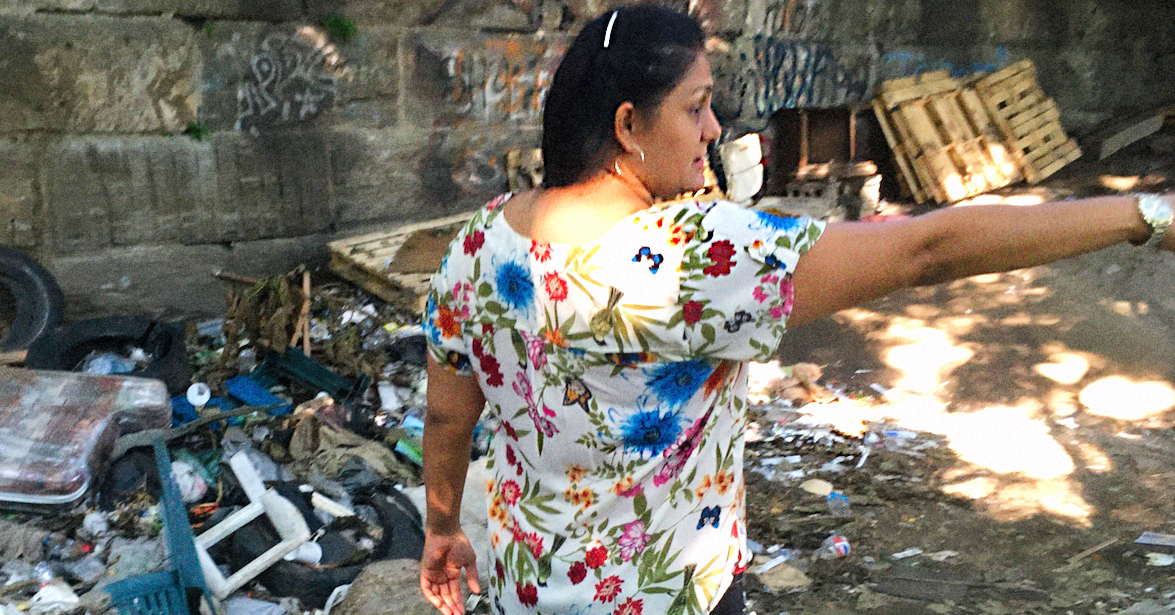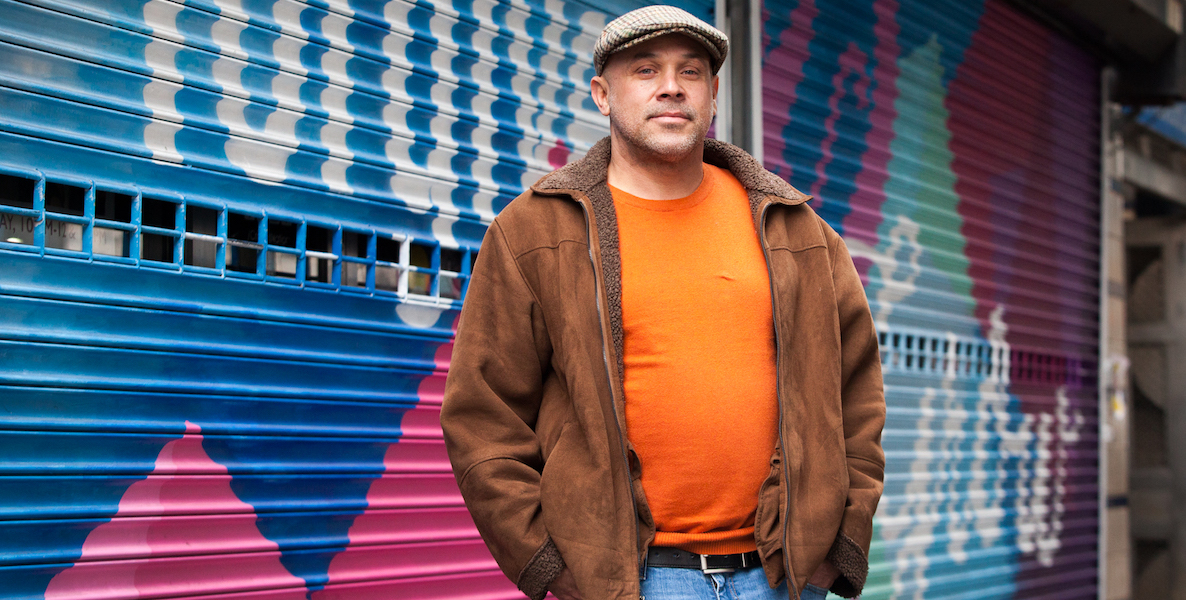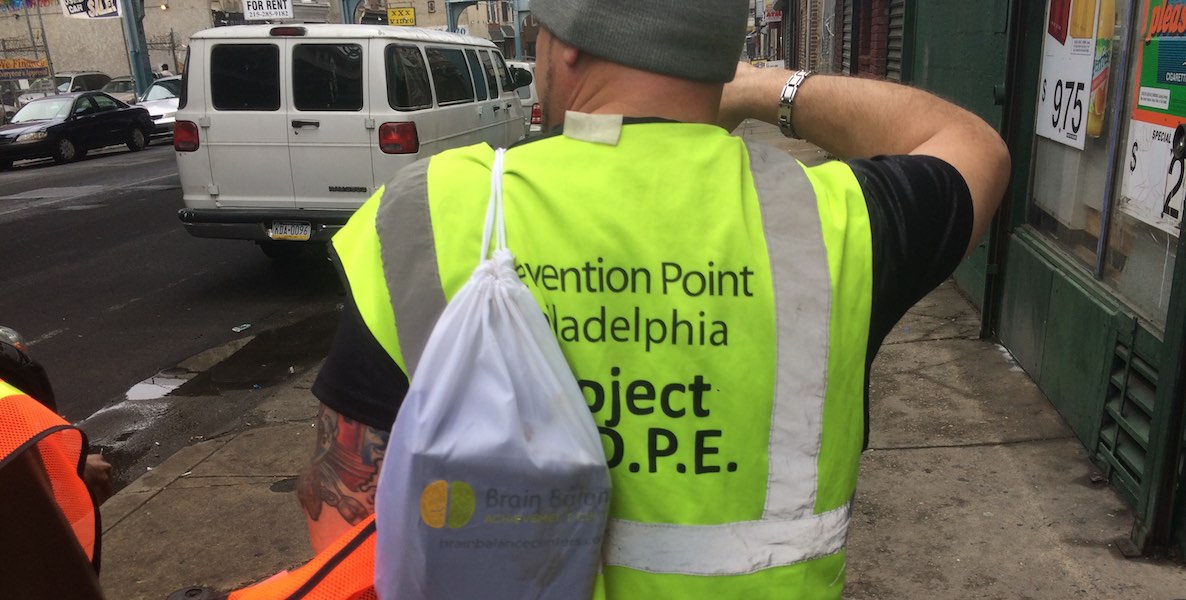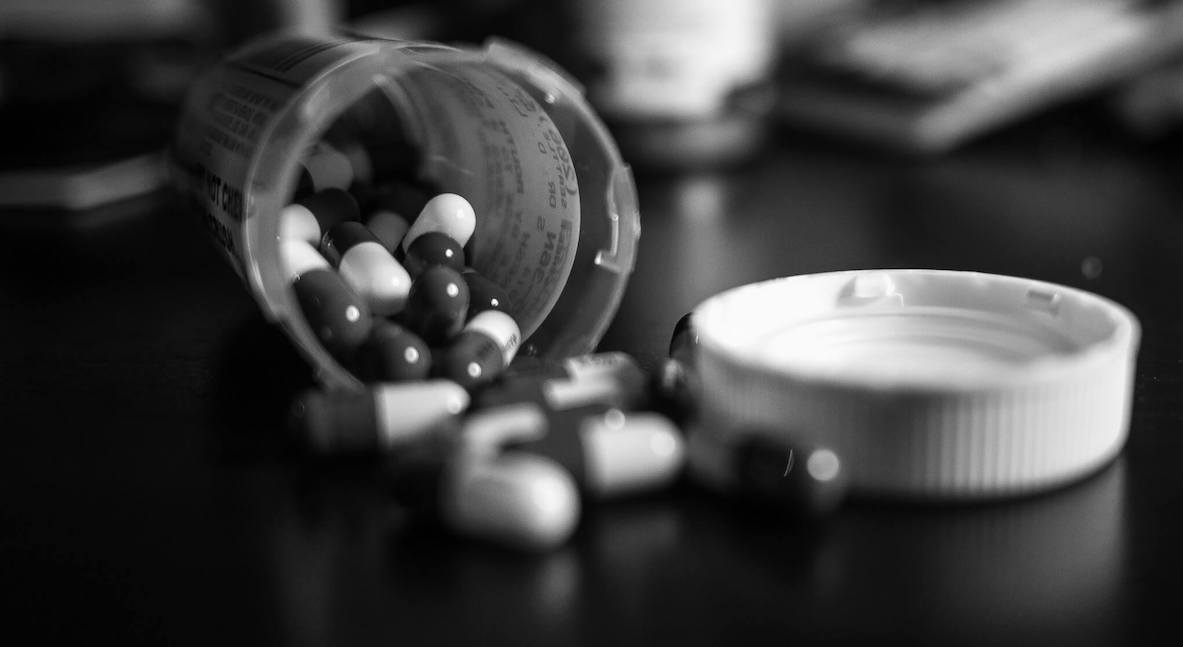The voice on the phone was urgent, halting, and fearful. Tracey, a program alum and nurse at one of Gaudenzia’s drug and alcohol treatment programs, was uncharacteristically overwhelmed.
“Dr. Klatzker,” she pleaded, “my patients are doing their best to maintain their sobriety. But now they are losing jobs due to the lockdown and can’t pay their rent or their bills. They’re anxious about catching coronavirus because they don’t have access to masks and gloves. How am I supposed to help them prioritize recovery with so many competing needs?”
![]() Recovery is a challenge under ordinary circumstances. In the midst of a global pandemic, the millions of Americans who are active or recovering drug and alcohol users are facing unprecedented difficulties. While the coronavirus pandemic is a threat to all vulnerable populations, it poses particularly grave risks to individuals with substance use disorders and the providers who seek to engage and serve them.
Recovery is a challenge under ordinary circumstances. In the midst of a global pandemic, the millions of Americans who are active or recovering drug and alcohol users are facing unprecedented difficulties. While the coronavirus pandemic is a threat to all vulnerable populations, it poses particularly grave risks to individuals with substance use disorders and the providers who seek to engage and serve them.
We must not forget before the first death attributed to coronavirus, the United States was in the midst of an opioid epidemic so severe it had reduced life expectancy across the country and was claiming an average of 130 lives each day. The opioid epidemic—which is somewhat of a misnomer as it is compounded by a broader public health crisis of addiction to alcohol and other drugs— has not gone away with the emergence of the coronavirus.
How do we make sure that our nation is ready to deal with the addiction epidemic that will, if anything, likely worsen as the coronavirus plateaus and subsides?
It is now up to us to draw urgent attention to another curve that requires flattening: that of the nation’s overdose rate.
While it is not our intention to minimize the threat of the coronavirus, it is essential we keep perspective. According to the Centers for Disease Control, 88,000 individuals die as a result of alcohol each year and nearly 70,000 individuals lost their lives to other drugs in 2019 alone. This is equivalent to more than three-quarters the population of Center City Philadelphia and more than the entire population of Allentown.
While coronavirus casualties continue to mount, the death toll for ![]() drug- and alcohol-related deaths dwarfs these numbers so far. Further, as the coronavirus disrupts routine and access to treatment and support systems, those with substance use disorders are struggling more. The effects of poverty and unemployment, poor overall health and limited access to care, food insecurity, and housing instability all worsen due to isolation and anxiety for those already wired to struggle to live and recover.
drug- and alcohol-related deaths dwarfs these numbers so far. Further, as the coronavirus disrupts routine and access to treatment and support systems, those with substance use disorders are struggling more. The effects of poverty and unemployment, poor overall health and limited access to care, food insecurity, and housing instability all worsen due to isolation and anxiety for those already wired to struggle to live and recover.
In light of these facts, we must ask ourselves an exceedingly dire question: how do we make sure that our nation is ready to deal with the addiction epidemic that will, if anything, likely worsen as the coronavirus plateaus and subsides?
We must not forget before the first death attributed to coronavirus, the United States was in the midst of an opioid epidemic so severe it had reduced life expectancy across the country and was claiming an average of 130 lives each day.
Signs of trouble are already beginning to emerge. Early reports from Central and Southern Pennsylvania show significant increases in overdoses during March and April coinciding with the state’s stay-at-home orders. While this data is not yet readily available for the Philadelphia metropolitan area, the York County Coroner’s Office is reporting March’s opioid overdose fatalities alone have exceeded the combined totals for January and February by a staggering 20 percent.
Tragically, it is unlikely that this will be an isolated trend. A recent analysis by the Well Being Trust and Robert Graham Center projects as many as 75,000 more individuals will perish due to drug or alcohol misuse and suicide as a result of the coronavirus pandemic. This would be catastrophic for Pennsylvania, which, according to the CDC, already has the nation’s 4th highest rate of overdose deaths.
Disturbingly, while the coronavirus pandemic drives a greater need for behavioral health support, treatment providers’ existing ![]() capacity, financial stability, and sustainability are being stressed and threatened like never before. Due to significantly lower tax revenues, state and federal budgets are now facing a multitude of seemingly impossible financial decisions. Without thoughtful decision-making, whatever progress we have made with addiction interventions will not only erode but be subsumed by currently growing and unrecognized need and demand for addiction treatment.
capacity, financial stability, and sustainability are being stressed and threatened like never before. Due to significantly lower tax revenues, state and federal budgets are now facing a multitude of seemingly impossible financial decisions. Without thoughtful decision-making, whatever progress we have made with addiction interventions will not only erode but be subsumed by currently growing and unrecognized need and demand for addiction treatment.
The American comedian Groucho Marx once said: “Politics is the art of looking for trouble, finding it everywhere, diagnosing it incorrectly and applying the wrong remedies.”
While the coronavirus pandemic has commanded the full attention of our nation’s media and public officials, we simply cannot afford to lose sight of our nation’s escalating addiction epidemic. We cannot afford to let one pandemic’s impact make worse another epidemic’s improvements.
We are dealing with life or death issues with the coronavirus. Unless we apply the right remedies, we will see enhanced addiction-related deaths that can be prevented if we make the right fiscal and policy decisions.
Dale Klatzker, PhD, is president and CEO of Gaudenzia, a nonprofit provider of drug and alcohol treatment and recovery services in Pennsylvania, Delaware, Maryland and Washington, D.C.
Photo by Ajay Suresh / Flickr



